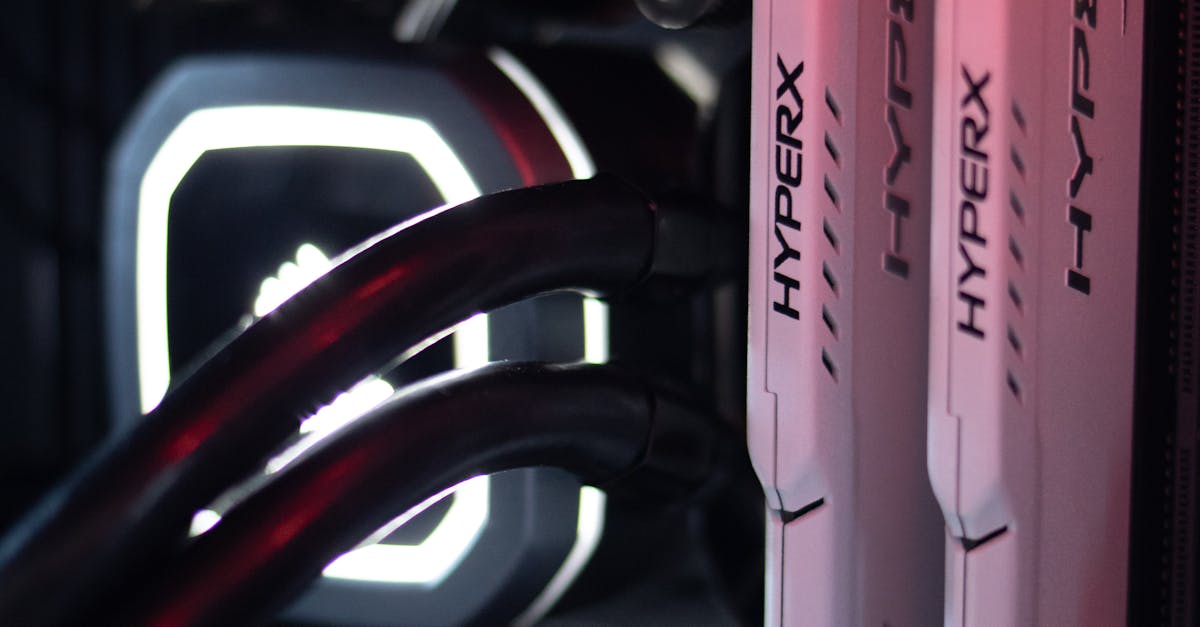It hasn't been a great afternoon session for HP investors, who have watched their shares sink by -1.8% to a price of $29.11. Some of you might be wondering if it's time to buy the dip. If you are considering this, make sure to check the company's fundamentals first to determine if the shares are fairly valued at today's prices.
HP Is Overpriced:
HP Inc. provides personal computing and other digital access devices, imaging and printing products, and related technologies, solutions, and services worldwide. The company belongs to the Technology sector, which has an average price to earnings (P/E) ratio of 35.0. In contrast, HP has a trailing 12 month P/E ratio of 8.5 based on its earnings per share of $3.41.
There is an important limit on the usefulness of P/E ratios. Since the P/E ratio is the share price divided by earnings per share, the ratio is determined partially by market sentiment on the stock. Sometimes a negative sentiment translates to a lower market price and therefore a lower P/E ratio -- and there might be good reasons for this negative sentiment.
One of the main reasons not to blindly invest in a company with a low P/E ratio is that it might have low growth expectations. Low growth correlates with low stock performance, so it's useful to factor growth into the valuation process. One of the easiest ways to do this is to divide the company's P/E ratio by its expected growth rate, which results in the price to earnings growth, or PEG ratio.
HP's PEG ratio is 2.88, which shows that the stock is overvalued in terms of its estimated growth. For reference, a PEG ratio near or below 1 is a potential signal that a company is undervalued.
The Company's Revenues Are Declining:
| 2018 | 2019 | 2020 | 2021 | 2022 | 2023 | |
|---|---|---|---|---|---|---|
| Revenue (M) | $58,472 | $58,756 | $56,638 | $63,460 | $62,910 | $53,718 |
| Operating Margins | 7% | 7% | 6% | 8% | 7% | 6% |
| Net Margins | 9% | 5% | 5% | 10% | 5% | 6% |
| Net Income (M) | $5,327 | $3,152 | $2,815 | $6,541 | $3,132 | $3,263 |
| Net Interest Expense (M) | -$818 | -$1,354 | -$231 | $2,209 | -$235 | -$519 |
| Depreciation & Amort. (M) | $528 | $744 | $789 | $785 | $780 | $850 |
| Diluted Shares (M) | 1,634 | 1,524 | 1,420 | 1,220 | 105 | 1,000 |
| Earnings Per Share | $3.26 | $2.07 | $1.98 | $5.36 | $29.83 | $3.26 |
| EPS Growth | n/a | -36.5% | -4.35% | 170.71% | 456.53% | -89.07% |
| Avg. Price | $19.69 | $17.43 | $17.13 | $28.41 | $35.05 | $29.11 |
| P/E Ratio | 5.97 | 8.38 | 8.61 | 5.25 | 11.61 | 8.85 |
| CAPEX (M) | $546 | $671 | $580 | $582 | $791 | $609 |
| EV / EBITDA | 7.21 | 5.61 | 6.12 | 5.72 | 8.0 | 8.32 |
| Total Debt (M) | $5,987 | $5,137 | $6,217 | $8,679 | $11,408 | $9,842 |
| Net Debt / EBITDA | 0.19 | 0.13 | 0.32 | 0.71 | 1.55 | 1.56 |
| Current Ratio | 0.85 | 0.8 | 0.79 | 0.76 | 0.75 | 0.73 |
HP has declining revenues and a flat capital expenditure trend, weak operating margins with a stable trend, and not enough current assets to cover current liabilities because its current ratio is 0.73. On the other hand, the company has healthy leverage levels working in its favor. Furthermore, HP has flat EPS growth.



